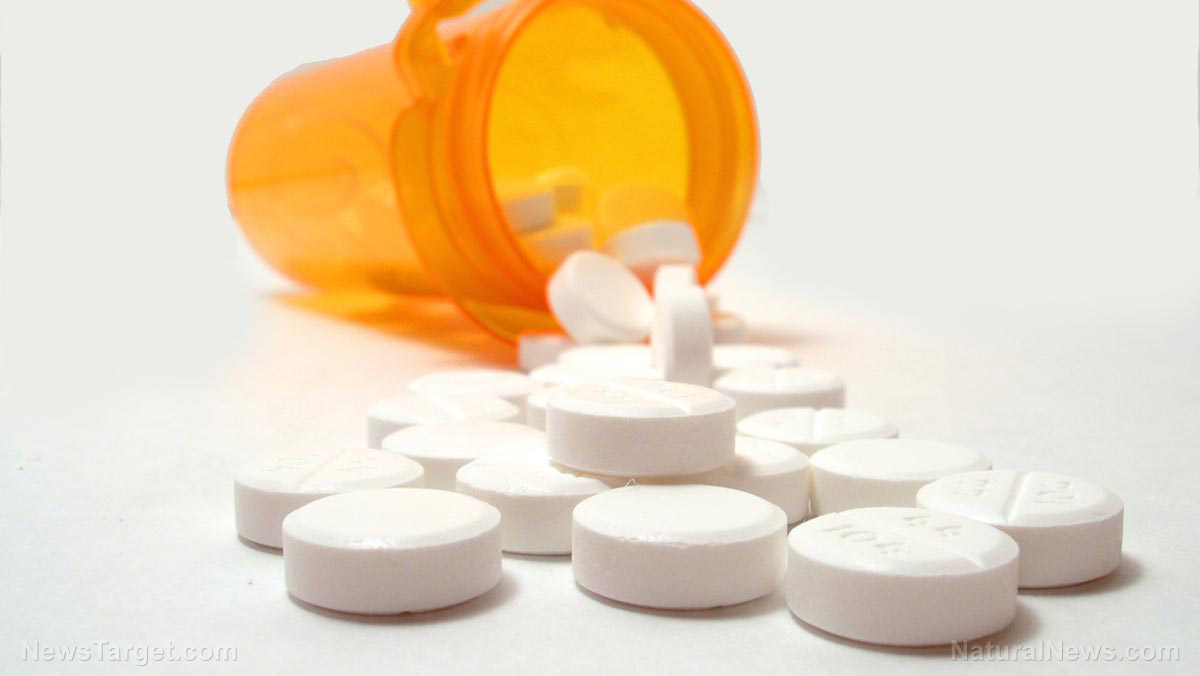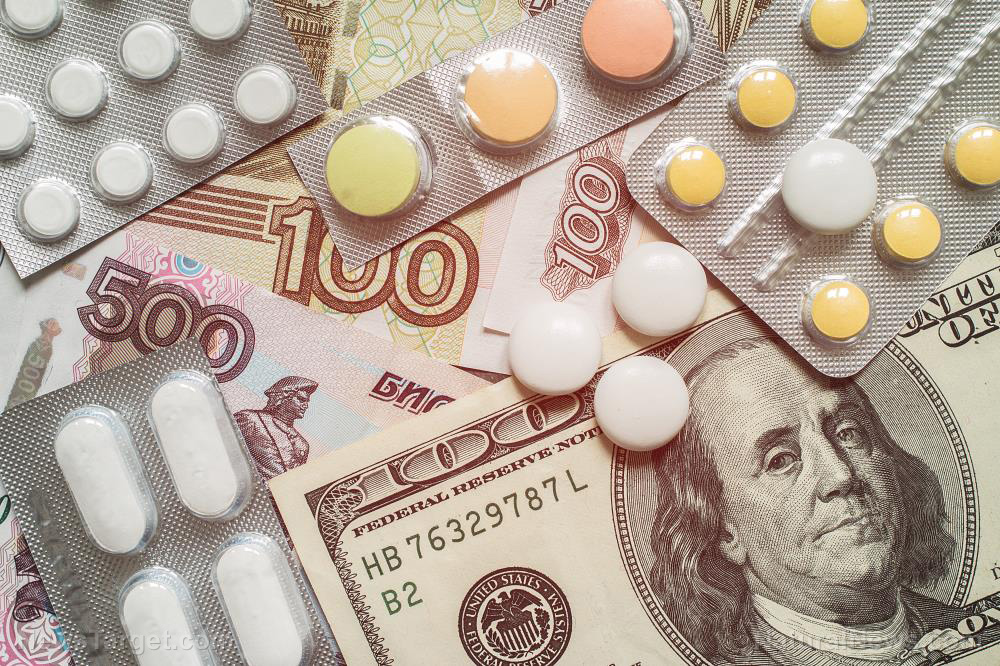Amazon pulls popular NMN supplement, paving way for Big Pharma replacement with drug version impostor
03/24/2023 / By Ethan Huff

A natural molecule that exists in all life forms and is vital to wellness and longevity is no longer available on Amazon, which banned it to pave the way for the pharmaceutical industry to sell a hijacked drug-based version of it instead.
That molecule is nicotinamide mononucleotide, or NMN, which many people take to help slow and even reverse the aging process. It apparently works so well that Big Pharma is attempting to rip it off for profit while systematically banning it from the market.
The U.S. Food and Drug Administration (FDA) is also going to bat against health freedom with a recent announcement indicating that because NMN is now under investigation by the pharmaceutical industry, it can no longer be marketed as a dietary supplement.
None of this would be possible without a preclusion provision found in Section 201 (ff) of the Federal Food, Drug, and Cosmetic Act, which states that before a company can market any “new dietary ingredient” (NDI), meaning any ingredients that were not already being sold “in or as a supplement” before 1994, must first submit a notification to the FDA providing evidence of its safety.
“The guidance appears relatively straightforward, but not when, as is the case with NMN, the FDA deliberately blurs the lines,” explain Tracy Beanz and Michelle Edwards, writing for The Highwire.
(Related: Amazon is notorious for never testing anything it sells for contaminants.)
The FDA, Big Pharma, and Amazon are all enemies of health freedom
To make a long story short, NMN was apparently not sold as, or included in, any dietary supplements prior to 1994. Thus, it is open game for exploitation by the drug industry, which is aggressively trying to turn it into a patented “drug” in order to stop consumers from purchasing it on the open market.
After the FDA received an NDI notification for NMN, it jumped at the opportunity to preclude all further sales of it as a dietary supplement – though it is important to note that the FDA has also indicated that it will not actually be enforcing this with regards to NMN.
What this means is that Amazon does not have to stop selling NMN, which is still available from other retailers. The predatory, monopolistic online retailer simply chose to ban NMN from its site to please its Big Pharma masters.
Amazon did much the same thing with CBD and other legal cannabis constituents several years back. Because the perceived legality of these products was still iffy, and because the pharmaceutical industry is similarly trying to patent cannabis constituents as “drugs,” Amazon banned their sale as well.
Since that time, Amazon has resumed sales of CBD and other hemp-based products because they are wildly popular and the company craves all those cash profits. But for NMN, consumers will have to purchase it somewhere else besides Amazon from now on.
“Much of the innovation for dietary supplements comes from the introduction of new ingredients, but FDA’s actions demonstrate a disregard for consumers who benefit from the innovation and investments of dietary supplement companies,” says Steve Mister, CEO of the Council for Responsible Nutrition (CRN).
“These decisions to broadly invoke drug preclusion to protect the profits and monopolies of drug companies do not serve a public safety objective. The FDA’s reasoning and its refusal to provide a date certain when the authorization as a drug occurred just further raise concerns that it is protecting pharma’s interests over consumer welfare.”
For further details about NMN and the FDA and Big Pharma’s war against it, be sure to check out The Highwire‘s coverage of the situation.
The latest news about the Big Pharma takeover of dietary supplements can be found at BadMedicine.news.
Sources for this article include:
Submit a correction >>
Tagged Under:
Amazon, ban, Big Pharma, deception, dietary supplement, evil amazon, evil corporations, FDA, health freedom, Liberty, nicotinamide mononucleotide, NMN, nutrients, pharmaceutical fraud, supplement, supplement report
This article may contain statements that reflect the opinion of the author
RECENT NEWS & ARTICLES
PharmaceuticalFraud.com is a fact-based public education website published by Pharmaceutical Fraud Features, LLC.
All content copyright © 2018 by Pharmaceutical Fraud Features, LLC.
Contact Us with Tips or Corrections
All trademarks, registered trademarks and servicemarks mentioned on this site are the property of their respective owners.




















